
which comprised of scouts and guides police personnel during the Republic Day celebration in Tura on Tuesday
TURA, JAN 26: Meghalaya chief minister Mukul Sangma on Tuesday reiterated that the state government is willing to holds talks and negotiation with rebel outfits, provided they shun violence, while addressing the gathering at the Republic Day celebration at Tura in West Garo hills.
Speaking about the recent text of agreement signed with United
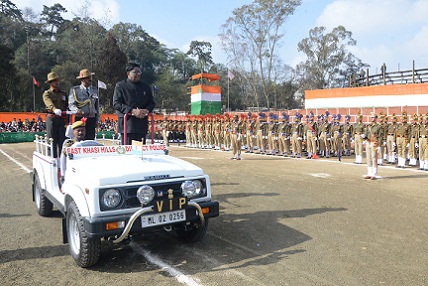
A’chik Liberation Army (UALA), the chief minister said that the government is finalising the modalities for extending the benefits of rehabilitation to the cadres of the outfit.
The state government had signed the peace agreement with UALA on December 18 last. “This is a step taken by the outfit in the right direction and will definitely set an example to other outfits to also come over ground and joins the mainstream”, he said.
On prevailing law and order situation in Meghalaya’s Garo hills, he said that the challenge of internal security is being dealt with firmly and a free hand has been given to the security forces to tackle it. “A multi-pronged approach is being followed so that the root causes of militancy is addressed in order to restore endurable peace and stability in the region”, he exhorted.
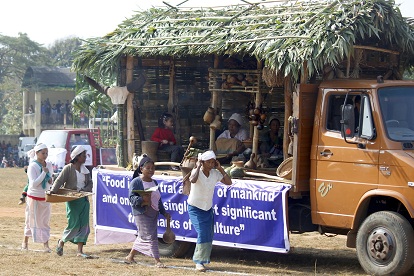
traditional kitchen in a rural village set-up during the Republic Day celebration in Tura
Seeking centre’s support to end insurgency in Garo hills, the chief minister said, “Insurgency and terrorism have widespread networks extending across the states and even beyond the national borders. A joint and concerted effort on the part of the states and the central government is essential to overcome this menace. This is being pursued vigorously with the central government.”
On tackling insurgency, he informed that the police supported by the central armed forces are putting efforts to nab criminals and insurgents to neutralise their activities. He took the opportunity to put on record the sacrifice of the police personnel, who laid their lives while combating militancy.
He detailed out that for ensuring a harmonious and secure environment for the people, steps have been taken to provide effective support to the state police through augmentation of manpower and technological up-gradation.
“The safe and secure city project currently being implemented in Shillong and Tura has brought in the required deterrence leading to improvement in the security scenario in the project areas. The project will be expanded to cover the remaining district headquarters and some important national highways in the state”, he informed.
On infiltration and influx, he said that extensive consultations were being held with the stakeholders and civil society organisations. He informed that an outline for comprehensive approach to deal with the issue has emerged.
On measure to effectively monitor influx, he said that 41 locations have been identified for setting up facilitation centres. Of these, 21 locations will be taken up in phase – I, 8 in phase-II and 12 in phase –III. “The functions of these centres will be to keep a watch on illegal infiltration”, he said.
On land dispute along the inter-state boundary with Assam, the chief minister said, “Efforts are on to resolve the long outstanding issue of inter-state boundary with Assam through discussions at various levels. The situation on the inter-state border has remained peaceful by and large, notwithstanding a few sporadic irritants cropping up now and then in some pockets.”
He informed the gathering that the situation on the international border with Bangladesh has improved significantly, in pursuance of the initiatives taken by the governments on both side. “The Protocol signed by the two Prime Ministers to settle all the issues relating to the international border between the two countries have since been approved by the Parliament, and the process of delineating the boundary on the ground is underway now. In the process, Meghalaya will retain about 241 acres of adversely possessed land, and Bangladesh will get to retain about 41 acres of land,” he said.
Stating that the introduction of bus services between Assam, Meghalaya and Bangladesh has yielded results for a closer economic and trade relation, he said, “All this should pave the way for much closer and stronger trade and economic relations between the two countries and as the immediate neighbouring state, Meghalaya should be able to take full advantage of these developments. It should be our endeavour to convert the border of conflict and confrontation into a border of goodwill, cooperation and mutual prosperity”.
He announced that government would upgrade the existing Shillong Polytechnic College into a full-fledged degree college from this year onwards, amongst various other initiatives to make Meghalaya and educational hub.
On destination Meghalaya, the chief minister spoke at length on various welfare programmes, which would promote and brand the state. He made a particular mention of the international Terra Madre festival held at Shillong last year. He said that such events would be held every three years in the state to attract visitors and investments.
On challenge in road communication and connectivity, he said that the Umroi airport in Shillong is being upgraded. He said that with the funds from various agencies and Asian Development Bank (ADB), a slew of road communication projects are being completed.
Stating that his government’s thrust is to improve connectivity for growth and development of the state, the chief minister informed that steps have been taken to mobilize funds through Externally Aided Projects (EAP) to supplement low resource base in the state and expressed hoped that the Shillong-Nongstoin-Samanda-Baljek road, which has taken time to complete due to issues of land acquisition would be completed 100 percent this year.
He also informed that the new alignment for 127 B National Highway via Babadam (West Garo Hills) has been approved and this would connect Srirampur in North Bengal with the western part of Meghalaya with the longest bridge in India, 17 km across Brahmaputra, which would help to promote trade and commerce in the North East region.
He said that the sanction has been made available for improving the connectivity from Tura to Dalu, Shillong to Dawki and Tura by-pass.
Dwelling on the Right to Education (RTE), the chief minister stressed that all teachers must have access to training as lack of trained and qualified teachers at primary level have hampered quality education in the state.
He asserted that only those who have undergone training would be given appointment as teachers.-From Our Correspondent



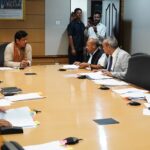






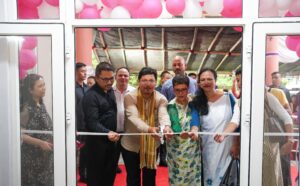

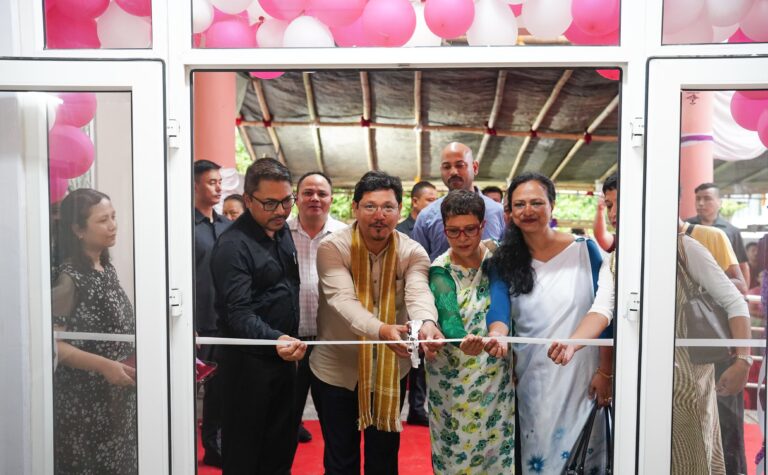
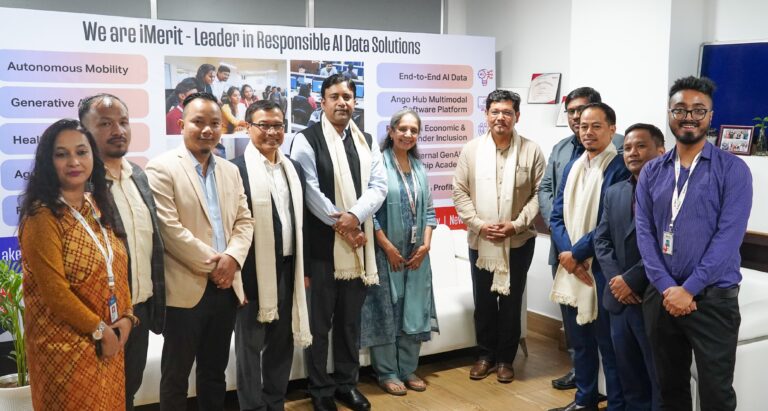
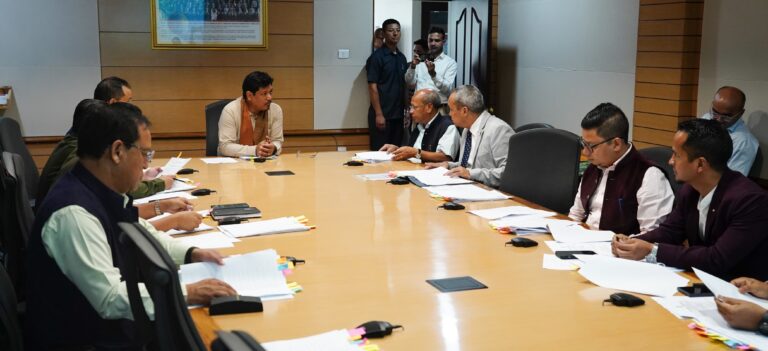
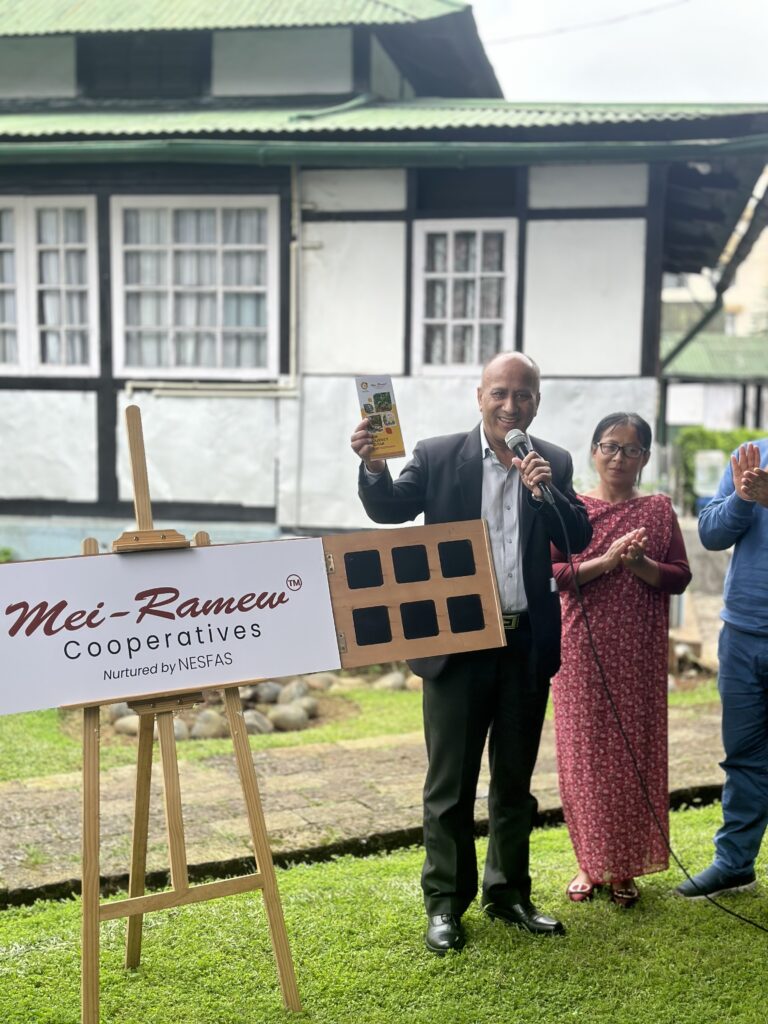
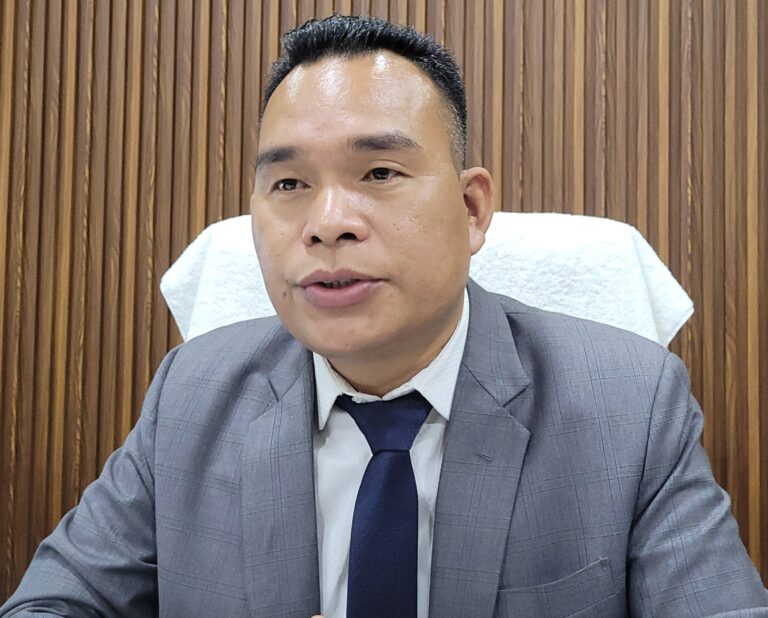
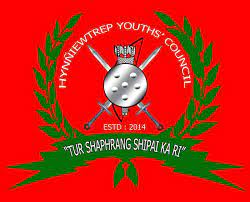

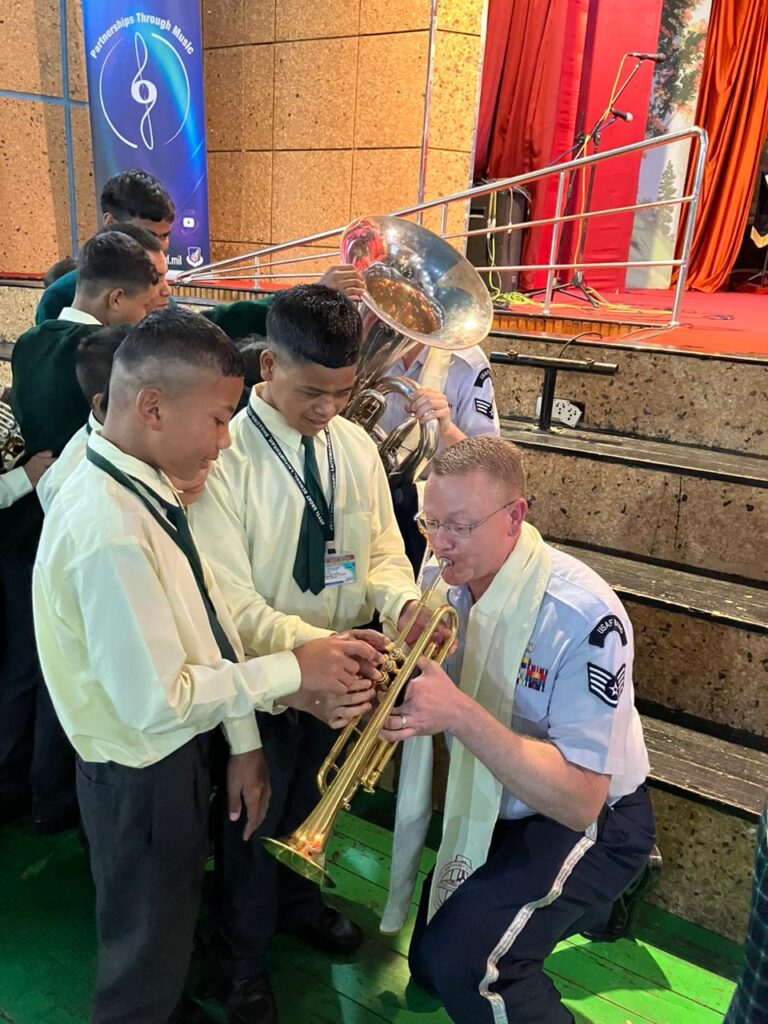
+ There are no comments
Add yours